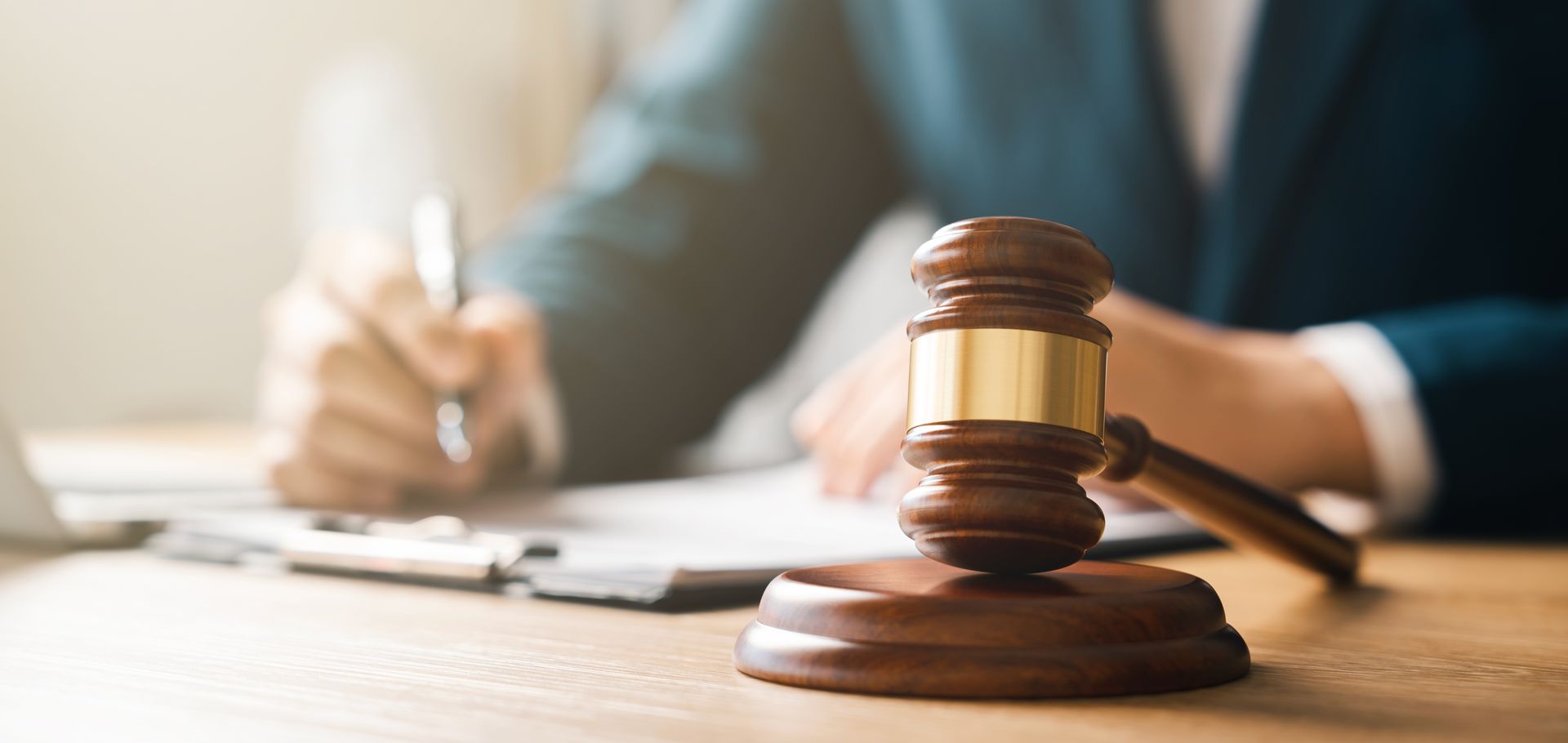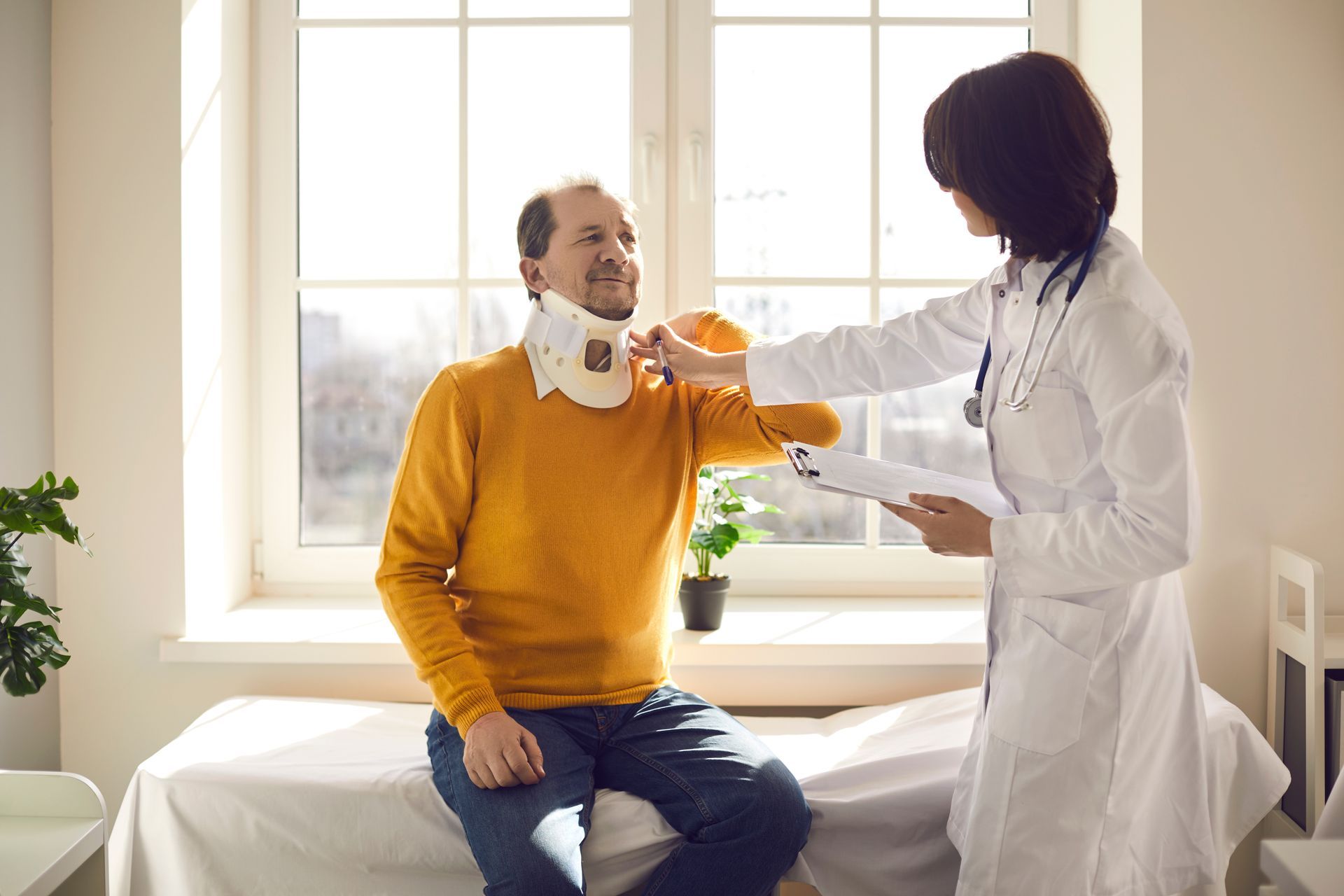Those involved in car accidents involving commercial or private vehicles may have heard of the term “vicarious liability” but are unsure of what it means. Vicarious liability could mean that the owner of the vehicle is held liable for a car accident, even when they were not the driver. There are several situations in which this could happen.
It’s important that you take the time to understand whether vicarious liability will apply to your situation since this could potentially affect your liability. The following is an overview of vicarious liability, the situations in which it tends to apply, and the possible defenses that employers could use to avoid being held vicariously liable.
Respondeat superior
The legal principle of respondent superior holds employers liable for the negligence of their employees in some cases. Translating to “let the master answer” it holds the employer responsible because they made the choice to hire the negligent employee.
Vicarious liability and employers
In general, the legal principle of respondeat superior means that employers will be held vicariously liable if three conditions are present. First, the negligent incident must have occurred when the employee was “on the clock.” Second, the incident should have occurred when the employee was participating in a work-related activity, such as making a delivery. Third, the employer should have benefited in some way from the activity that the employee was performing at the time of the incident.
Defenses to claims of vicarious liability
Employers commonly defend themselves in vicarious liability suits by arguing that their employee was not acting within the scope of their employment. For example, they may try to dispute the necessity of the car journey that resulted in a collision and try to argue that the employee was making a journey for personal reasons.
Alternatively, they may try to argue that they do not have responsibility for the employee’s actions because they were technically not an employee at all. Those hired as undefended contractors are not subject to the same laws when it comes to vicarious liability, and therefore they are likely to be held personally liable.
If you have been recently involved in a car accident and you’re wondering whether your employee should be held responsible, it’s important that you take the time to understand your rights under the law.



